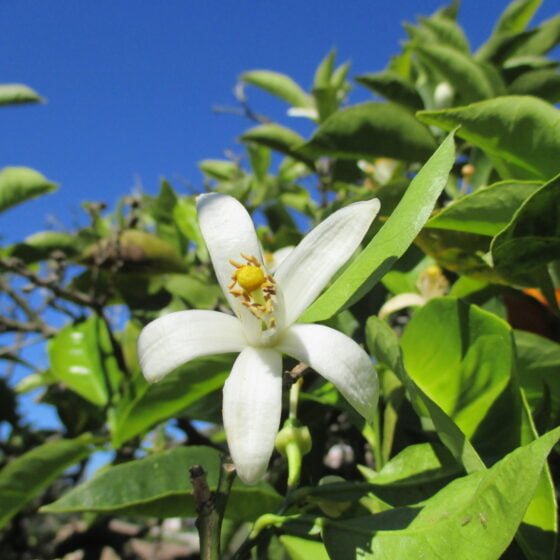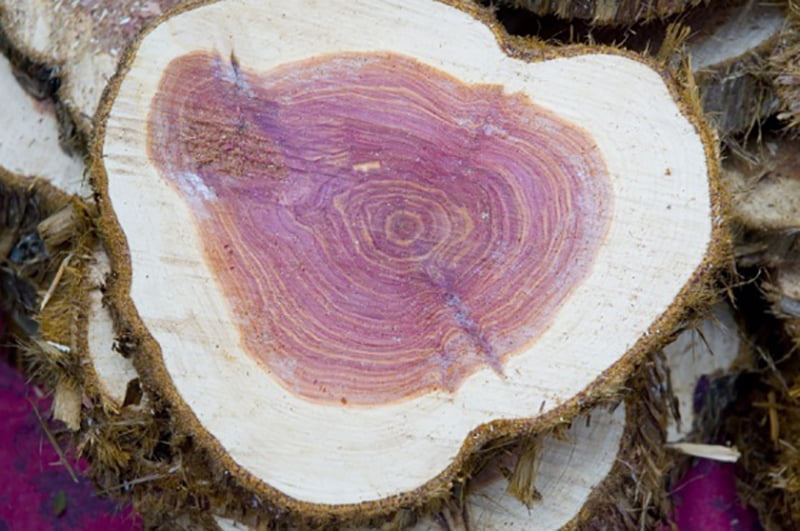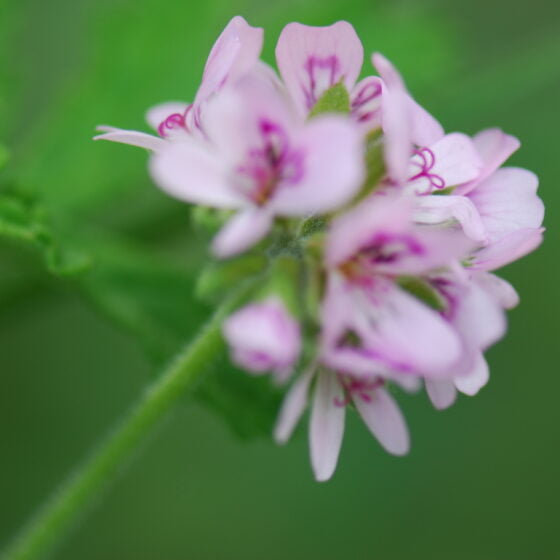
Rosewood Organic Brazil
Aniba rosaeodora var. amazonica
General data
Harvest Calendar
- J
- F
- M
- A
- M
- J
- J
- A
- S
- O
- N
- D
Product details Fragrance side
Le bois de rose est surtout utilisée pour sa note linalol, boisée et florale à la fois. Il n’est pratiquement plus utilisé en parfumerie fine et son utilisation se fait plutôt rare.
Well-being side
Gentle anti-infectious for children and the genito-urinary sphere, skin regenerating. Calms agitation and nervousness, allows to regain lost potentials.
*The aromatherapy properties in this document are excerpted from reference books, scientific articles, or specialized websites and are provided to customer for its information and internal use only. Claims on a finished product remain the responsibility of the company making the finished product available on the market. About
Rosewood is a magnificent tropical evergreen tree that reaches up to 30m in height. Endemic to the Amazon rainforest, it can be found in Guyana, Venezuela, Colombia, Ecuador, Peru, and Brazil. Thesweet, refreshing odor it exudes is responsible for the poetic name of “rosewood.” Many other species have the same common name. These are often species from the Dalbergia genus or other trees of the Pterocarpus genus, so named for the pinkish color of their wood, which is highly prized in cabinetmaking.
Over time, the intensive exploitation of rosewood for essential-oil production significantly depleted the natural resource. International safeguards have been put in place, such as the IUCN (International Union for Conservation of Nature), classifying it as “endangered.” At the request of Brazil, the only essential-oil producer, Aniba roseaodora was placed on List II of the CITES (Convention on International Trade in Endangered Species of Wild Fauna and Flora). This measure led to development of export quotas and made it possible to stem illegal trade and unlawful logging.
Fragrance side
Le bois de rose est surtout utilisée pour sa note linalol, boisée et florale à la fois. Il n’est pratiquement plus utilisé en parfumerie fine et son utilisation se fait plutôt rare.
Well-being side
Gentle anti-infectious for children and the genito-urinary sphere, skin regenerating. Calms agitation and nervousness, allows to regain lost potentials.
About
Rosewood is a magnificent tropical evergreen tree that reaches up to 30m in height. Endemic to the Amazon rainforest, it can be found in Guyana, Venezuela, Colombia, Ecuador, Peru, and Brazil. Thesweet, refreshing odor it exudes is responsible for the poetic name of “rosewood.” Many other species have the same common name. These are often species from the Dalbergia genus or other trees of the Pterocarpus genus, so named for the pinkish color of their wood, which is highly prized in cabinetmaking.
Over time, the intensive exploitation of rosewood for essential-oil production significantly depleted the natural resource. International safeguards have been put in place, such as the IUCN (International Union for Conservation of Nature), classifying it as “endangered.” At the request of Brazil, the only essential-oil producer, Aniba roseaodora was placed on List II of the CITES (Convention on International Trade in Endangered Species of Wild Fauna and Flora). This measure led to development of export quotas and made it possible to stem illegal trade and unlawful logging.
Other type of extracts
(Floral)

